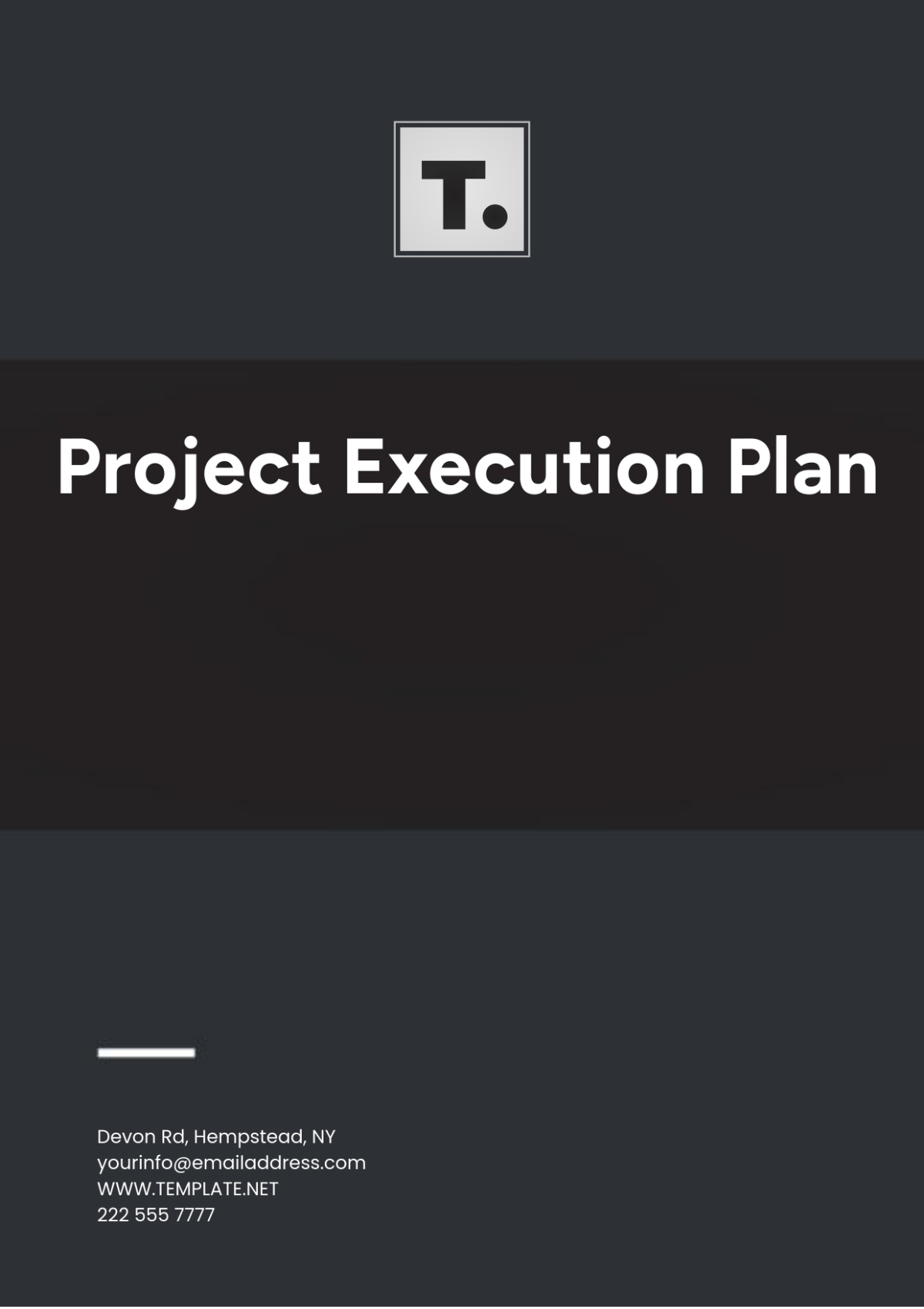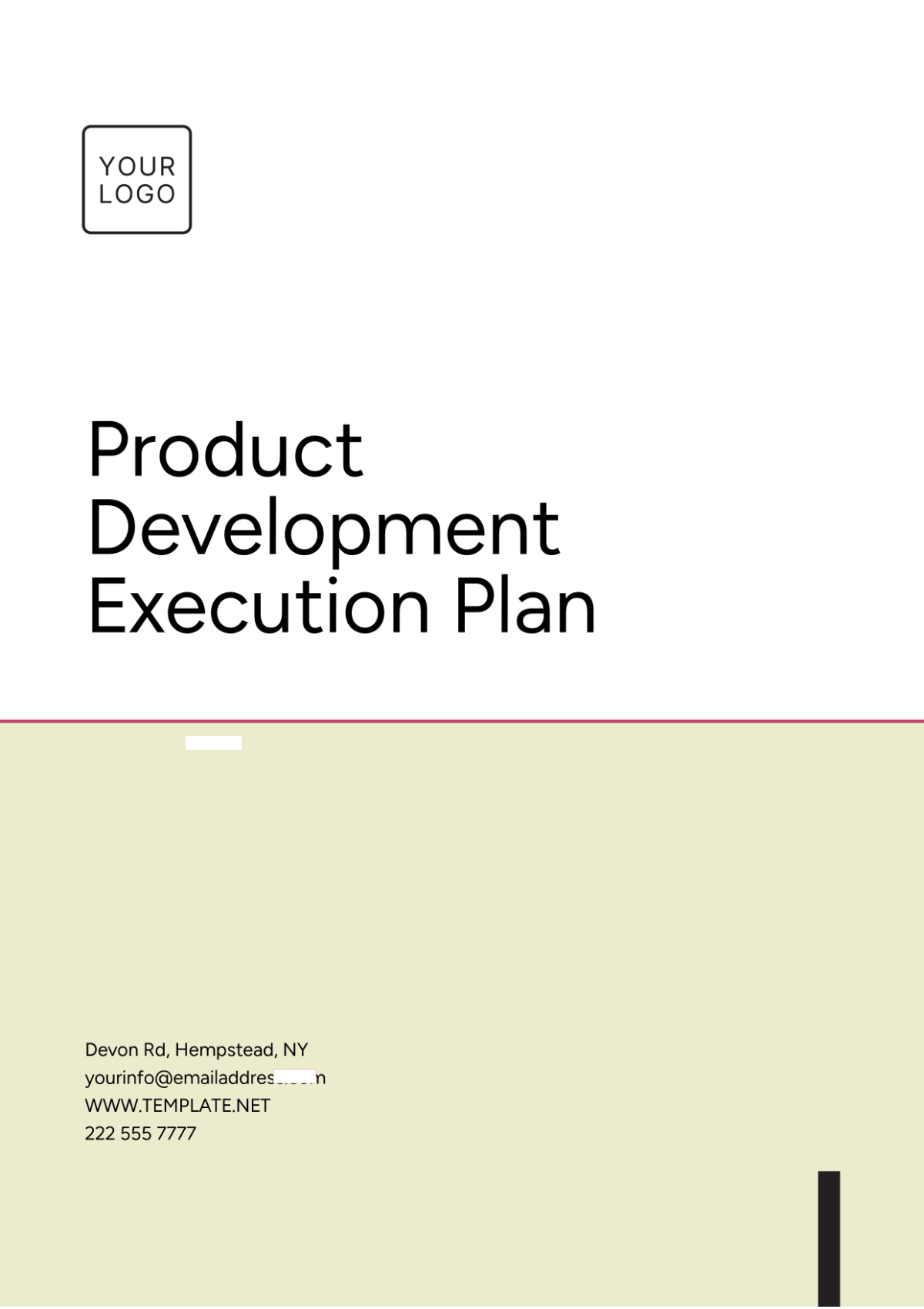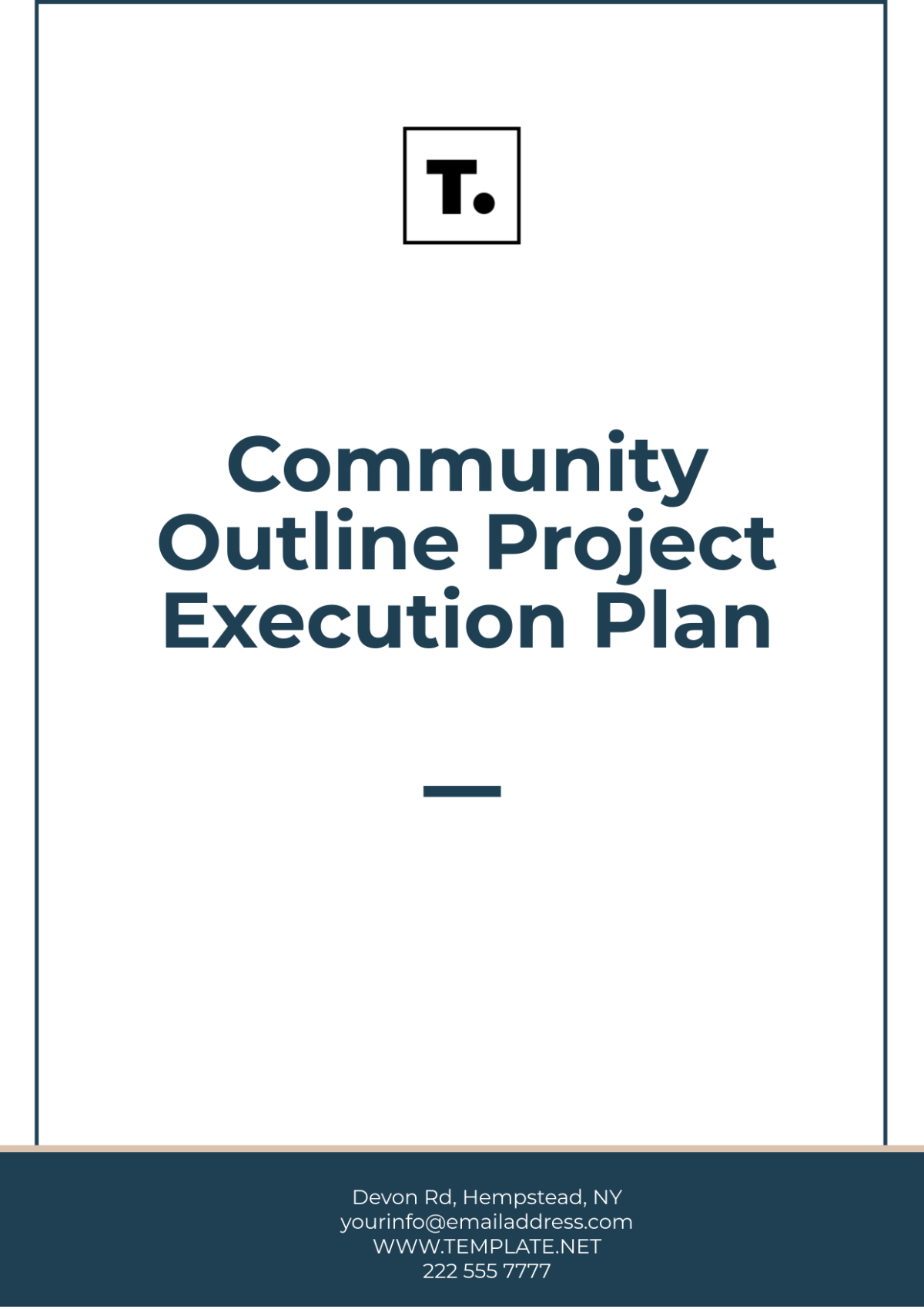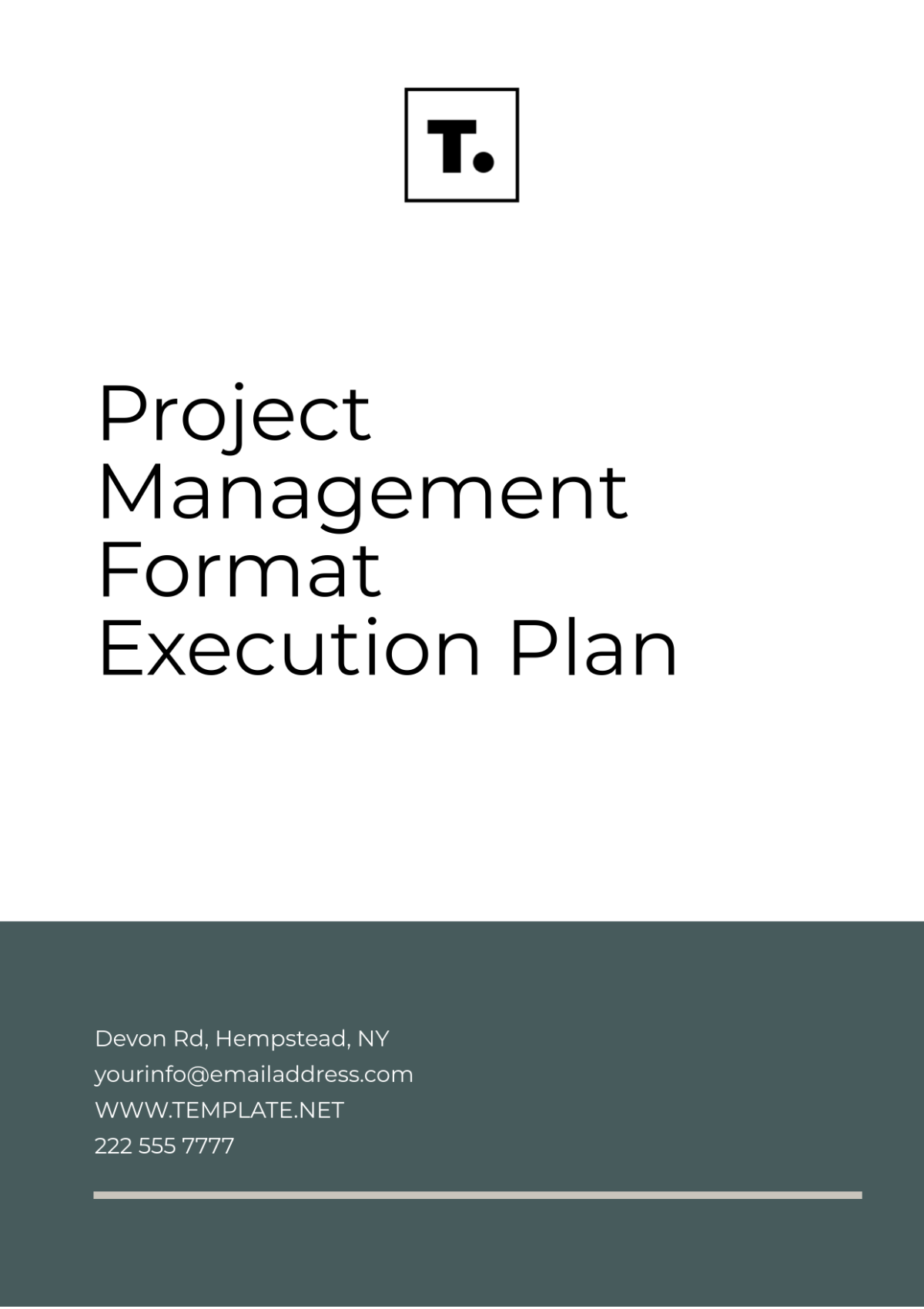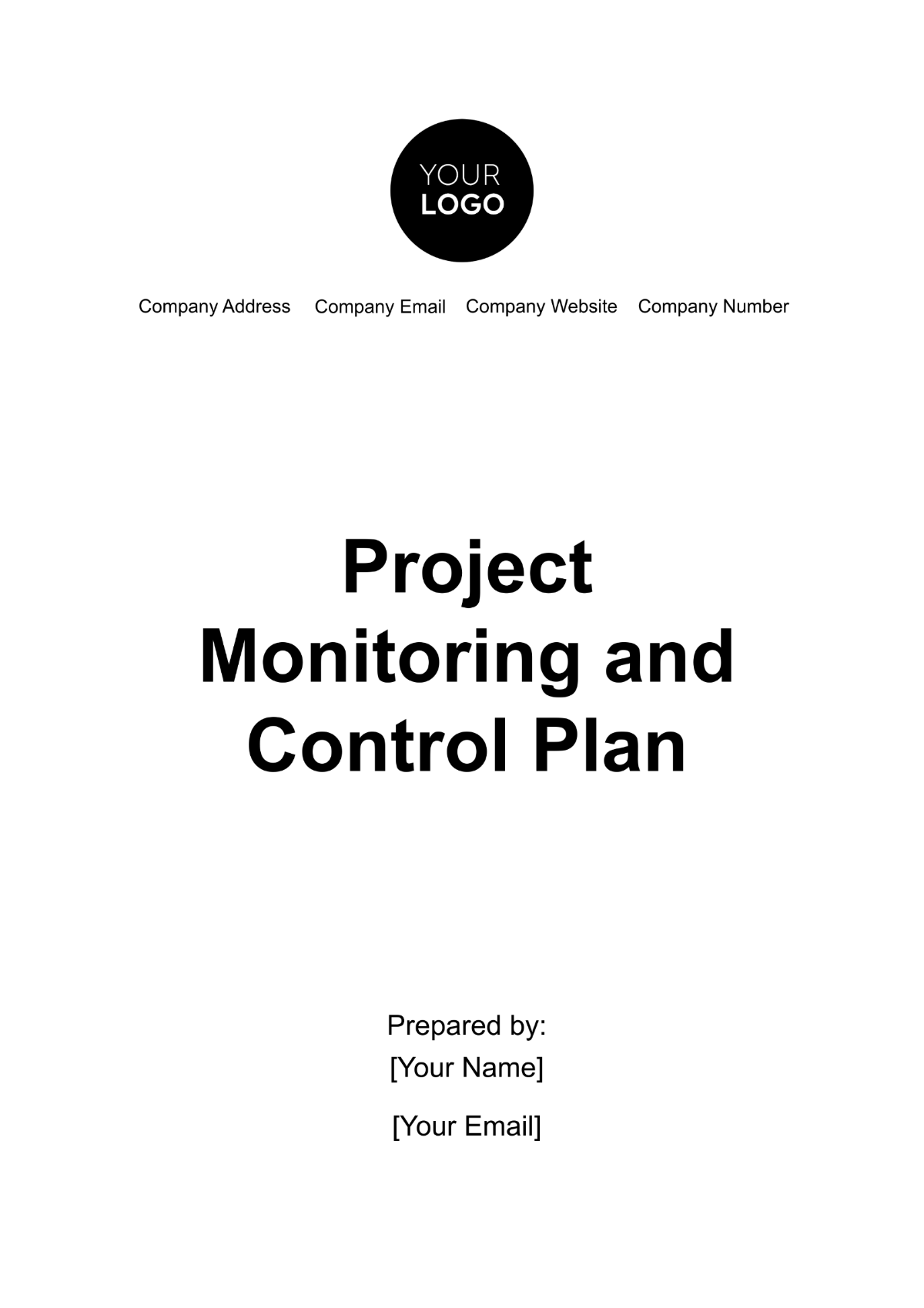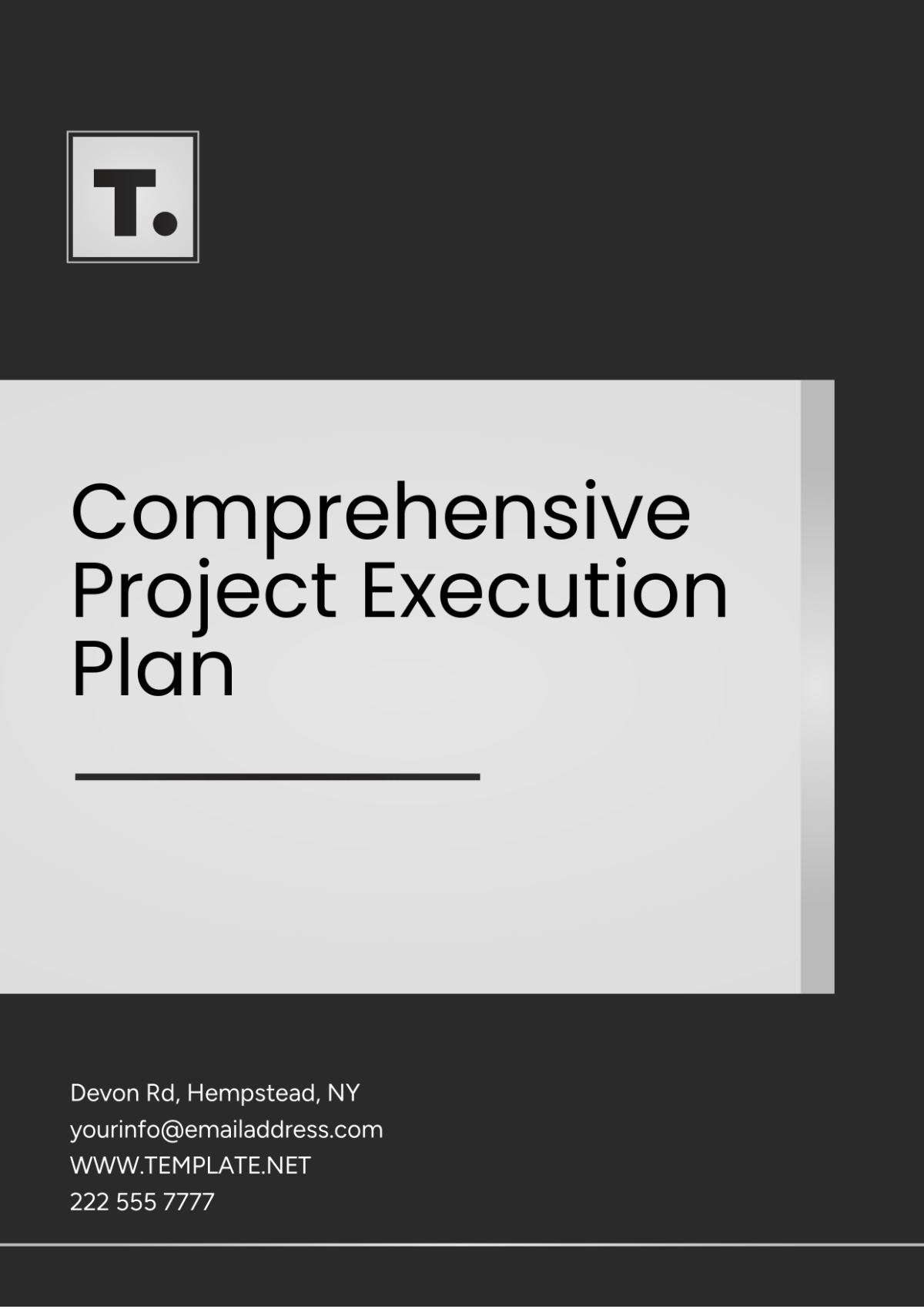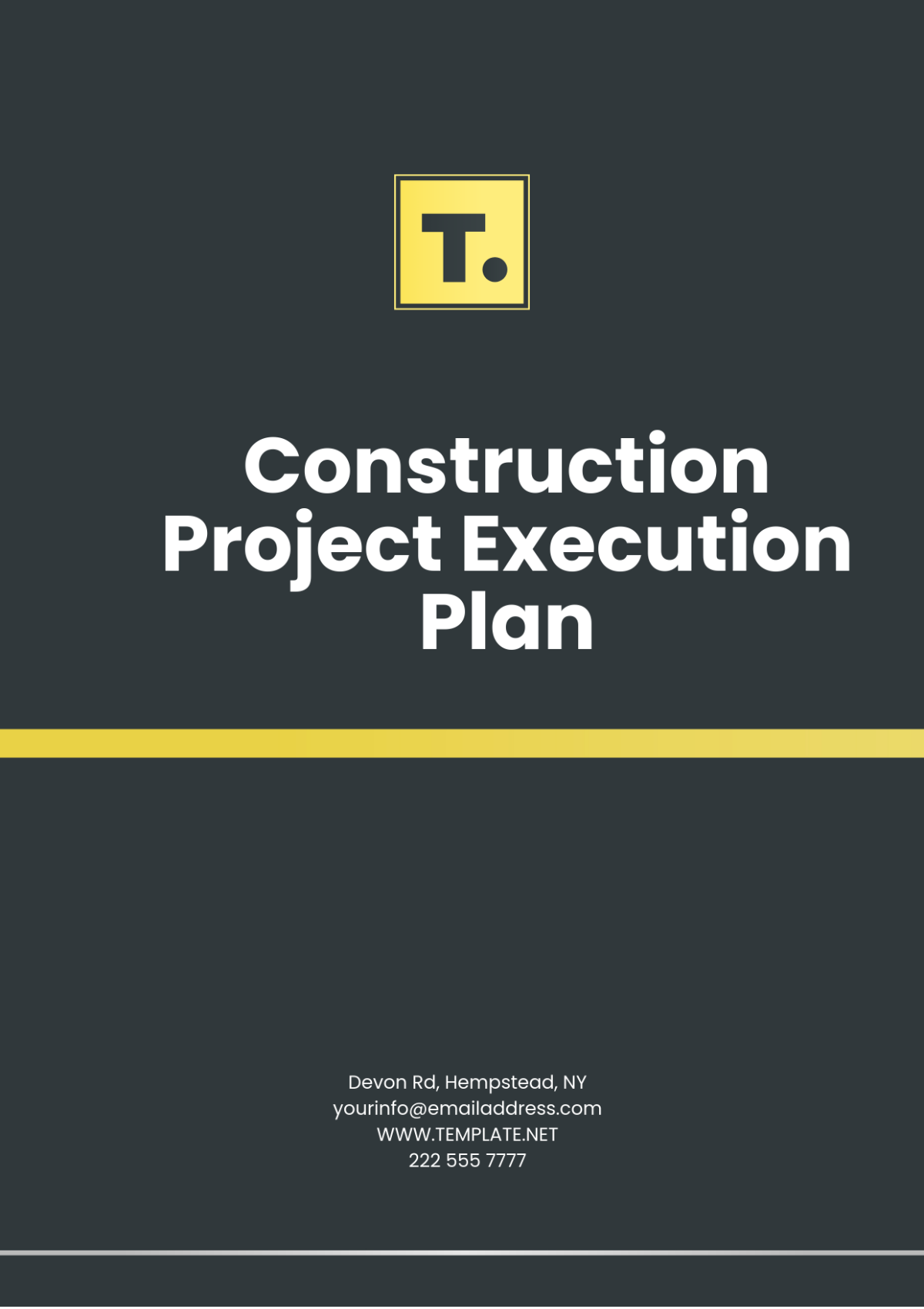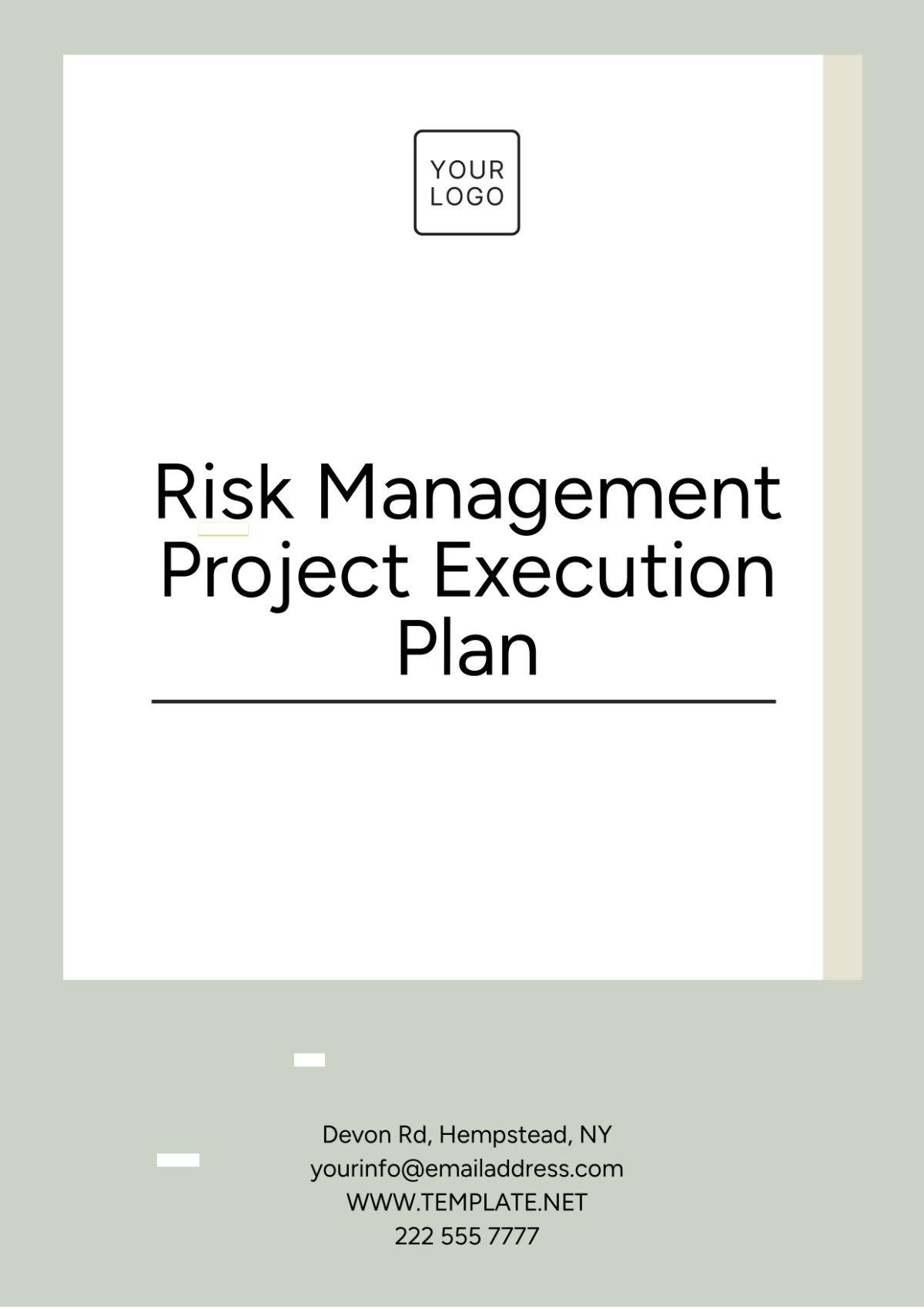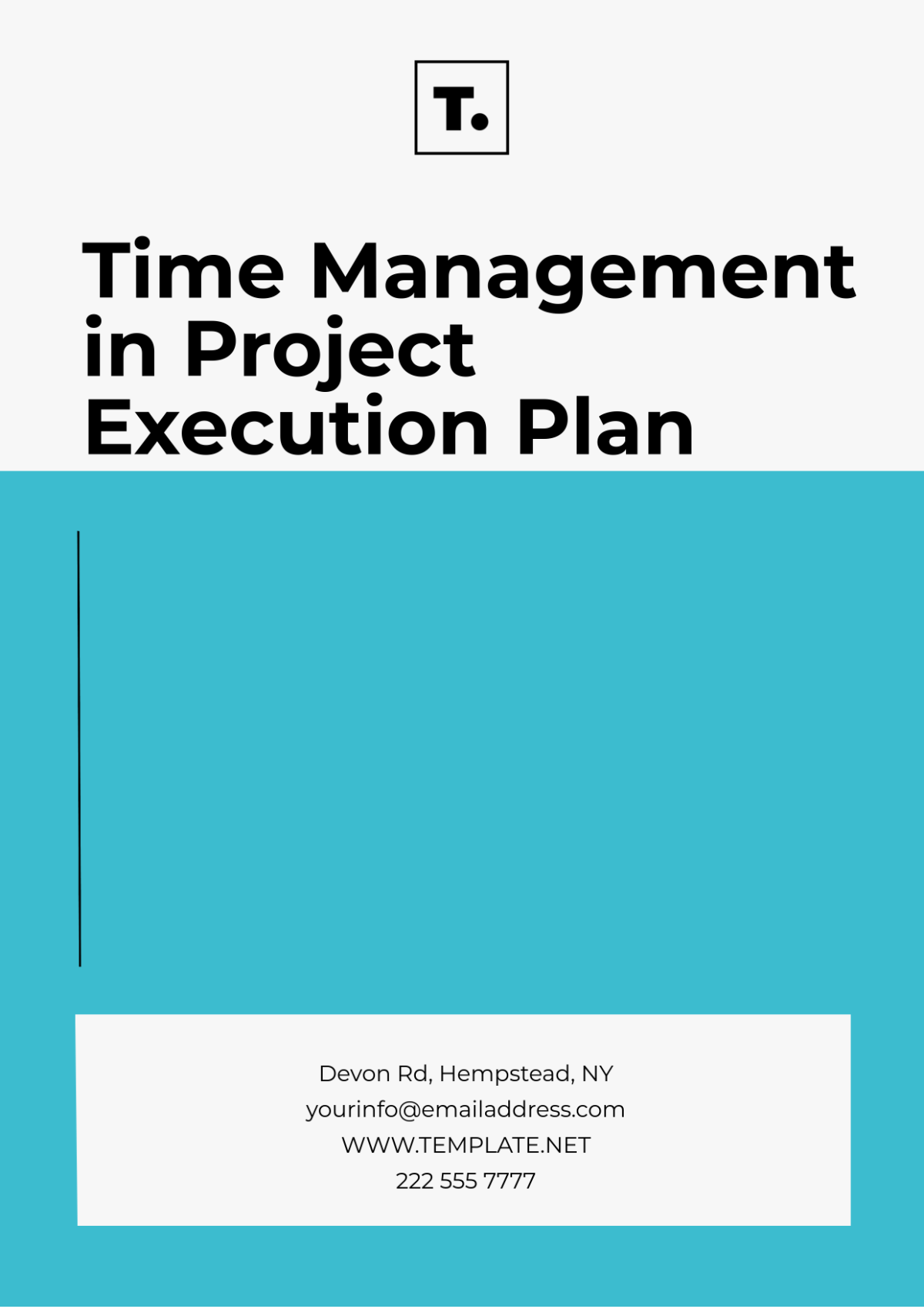Time Management in Project Execution Plan
Prepared by: [Your Name]
Company: [Your Company Name]
Date: July 25, 2050
1. Introduction
Effective time management is critical for the success of any project. It involves the strategic planning, scheduling, and controlling of time to maximize productivity and ensure timely project completion. This project plan outlines a comprehensive approach to time management during the project execution phase, ensuring that all tasks are completed efficiently and effectively.
2. Objectives
The primary objectives of this project plan are to:
Identify Key Activities and Tasks: Outline all significant tasks and activities necessary for project completion.
Allocate Appropriate Timeframes: Establish realistic timelines for each task to facilitate effective scheduling.
Optimize Resource Utilization: Ensure that all available resources are used efficiently to meet project deadlines.
Monitor and Control Timelines: Implement a robust monitoring system to identify and mitigate delays proactively.
3. Project Scope
3.1 Scope Definition
The project scope encompasses all activities necessary to deliver the final project deliverables, including planning, execution, monitoring, and closure activities. A well-defined scope will aid in identifying essential tasks and prioritizing them for effective management.
3.2 Exclusions
The following activities are explicitly excluded from the project scope:
Post-Project Maintenance: Ongoing maintenance activities after project completion.
External Stakeholder Engagement: Interaction with external stakeholders beyond initial discussions.
Training Beyond Initial Setup: Any training sessions beyond the initial project setup phase.
4. Time Management Approach
4.1 Work Breakdown Structure (WBS)
A detailed Work Breakdown Structure (WBS) will be developed to identify and categorize all critical tasks and subtasks within the project. The WBS ensures comprehensive coverage of activities and provides a clear roadmap for task execution.
Task ID | Task Name | Description |
|---|---|---|
1.0 | Initiation | Initial project setup, stakeholder meetings, and project charter development. |
2.0 | Planning | Creation of detailed project plans, timelines, and resource allocations. |
3.0 | Execution | Implementation of project plans, coordination of activities, and tracking of progress. |
4.0 | Monitoring & Control | Regular progress assessments and adjustments to plans as necessary. |
5.0 | Closure | Finalization of project deliverables, stakeholder review, and documentation of lessons learned. |
4.2 Scheduling
A detailed project schedule will be developed using Gantt charts to visualize timelines and task dependencies. Regular revisions of the schedule will be conducted to address potential bottlenecks and optimize resource allocations. Key milestones will be identified to track progress and ensure alignment with project objectives.
4.3 Resource Allocation
Effective resource allocation is essential for adhering to time constraints. Resources will be assigned to tasks based on personnel skills, competencies, and availability.
Assess Team Skills and Competencies: Evaluate team members’ strengths and areas for development to ensure optimal task assignments.
Task Complexity and Urgency: Prioritize resource allocation based on the complexity and urgency of tasks to maximize productivity.
External Resources: Consider engaging external resources or consultants when internal capabilities are insufficient.
5. Monitoring and Control
5.1 Progress Tracking
Utilize project management software and progress-tracking tools to monitor completed and pending tasks. Regular check-ins and status reports will facilitate the timely identification of potential delays, allowing for proactive adjustments to keep the project on track.
5.2 Risk Management
Identify potential risks that could adversely affect project timelines and develop mitigation strategies. Conduct regular risk assessments and adjust project plans as necessary to minimize the impact of identified risks.
6. Conclusion
Implementing a comprehensive time management strategy in the project execution phase is vital for delivering projects on time and within budget. By adhering to the structured approach outlined in this plan, project managers can ensure the efficient use of time and resources, thereby enhancing the likelihood of project success. Continuous evaluation and adaptation of the time management plan will further contribute to achieving project objectives effectively.
